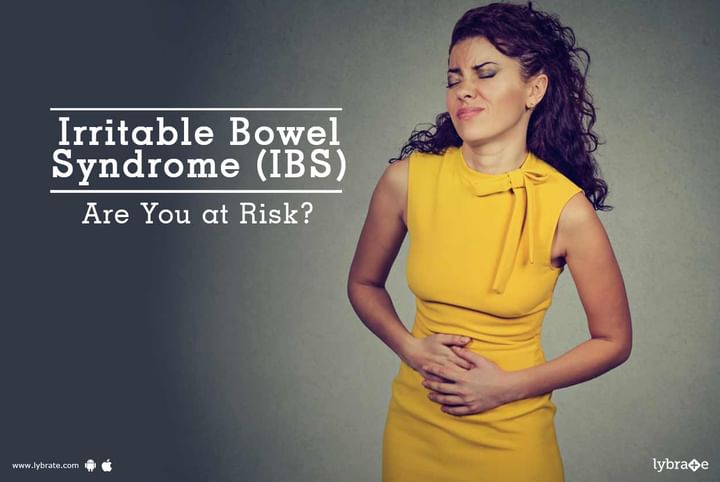Irritable Bowel Syndrome (IBS) - Are You at Risk?
IBS is a common intestinal disorder causing pain in the stomach, gas, diarrhea and constipation. The condition affects millions of people around the world, mostly women. It may not fully be cured, but the condition can be kept under control diet and lifestyle changes and in severe cases with medication and treatment. The most common affected age groups are between 6 to 18 and 41 to 60.
Causes: There are several triggers to IBS although doctors are yet to determine a specific cause. Because IBS happens more in women than men, some people believe that hormones are responsible for it. Other studies suggest that IBS is triggered when
- The colon becomes hypersensitive reacting to an external stimulation
- The bowel muscles spasm causing diarrhea or constipation
- The muscles in the bowel don't squeeze normally, causing diarrhea or constipation
- There is an imbalance in chemicals like serotonin and gastrin which are responsible for the communication between the brain and the digestive system
- Certain bacteria in the bowel can cause this condition
So far, there are no extensive studies to back any of these theories.
Signs and symptoms: People with IBS have symptoms that can include diarrhea and /or constipation, sometimes alternating with each other, stomach cramps, gas and bloating and a belly that sticks out. Stress may, in some cases, aggravate the problem.
Diagnosis: Unfortunately there are no specific tests to identify IBS as the causes itself can vary in a big spectrum. Using your symptoms as a guide, the doctor may run tests to check for food allergies, lactose intolerance, reactions to any medications you may be taking like blood pressure drugs, infection in the stomach, enzyme deficiencies where the pancreas isn't releasing enough enzymes to digest the food properly and inflammatory bowel diseases like ulcerative colitisor Crohn's disease. You may have to undergo a colonoscopy or endoscopy, blood tests, stool tests and allergy tests for your doctor to devise a treatment that can best treat your specific symptoms.
Treatment: Because the symptoms and causes are so varied, there is no one specific treatment of IBS. You will need to identify and understand your specific triggers to isolate it and then make changes accordingly in conjunction with lifestyle change and medication.
Lifestyle changes: Look at IBS as a trigger to make you move into a healthier lifestyle and improved diet. Here are some basic changes that your doctor may prescribe
- Avoid coffee tea and sugary sodas
- Drink 8 glasses of water per day and time your water intake as per your food
- Limit fatty foods, milk and cheese
- Add wholesome fiber to your food.
- Relax and get some me time
- Add a good quantity of regular exercise
There is nothing here that you already didn't know can lead to a healthier life. It's just that you'll have to take it seriously now that the doctor has prescribed it for you. If you suspect that you are suffering from IBS, consult your expert medical practitioner today!



+1.svg)
